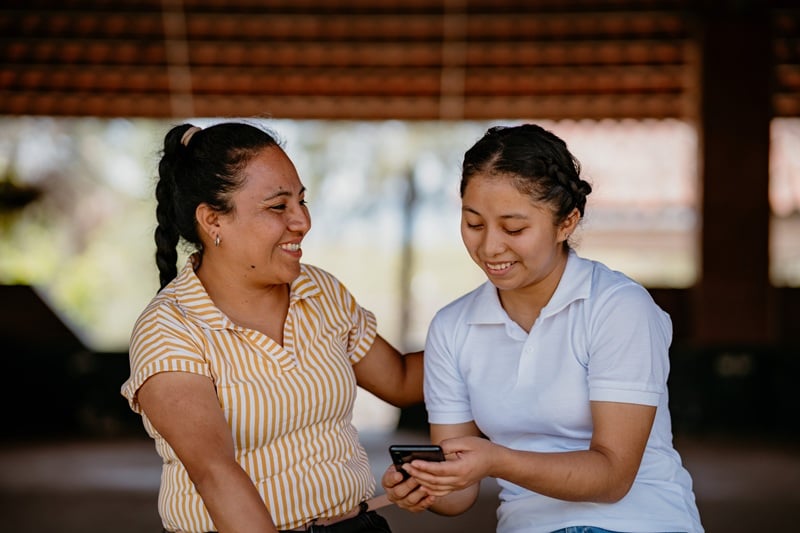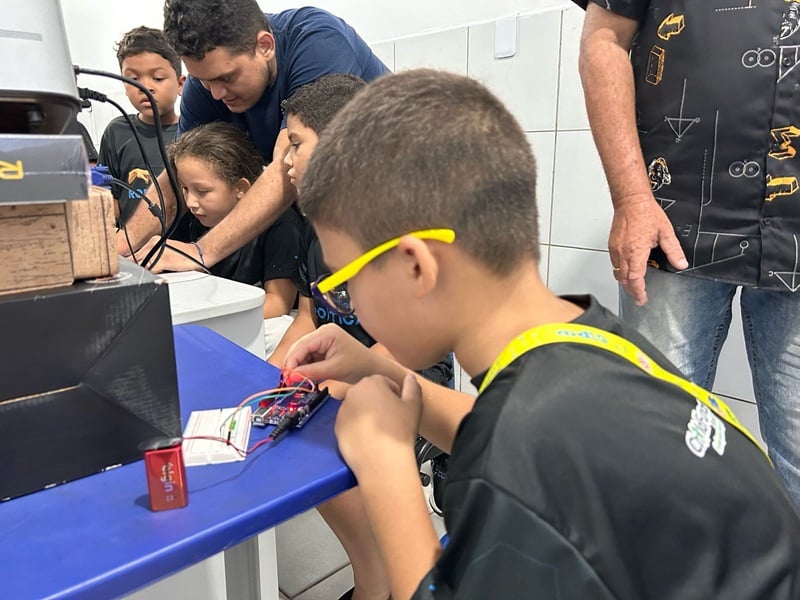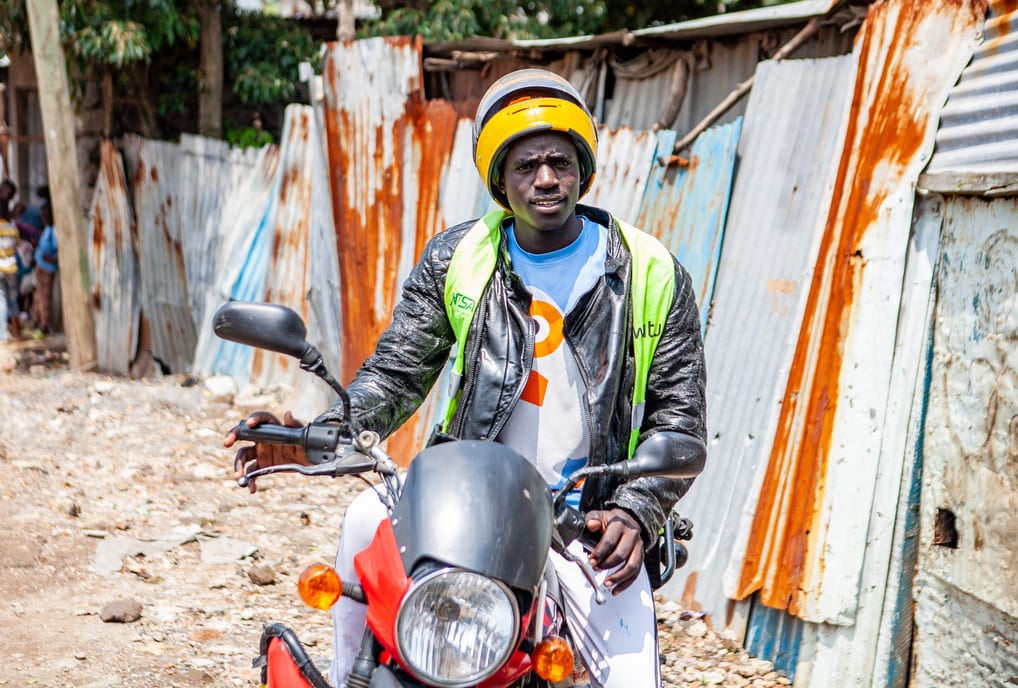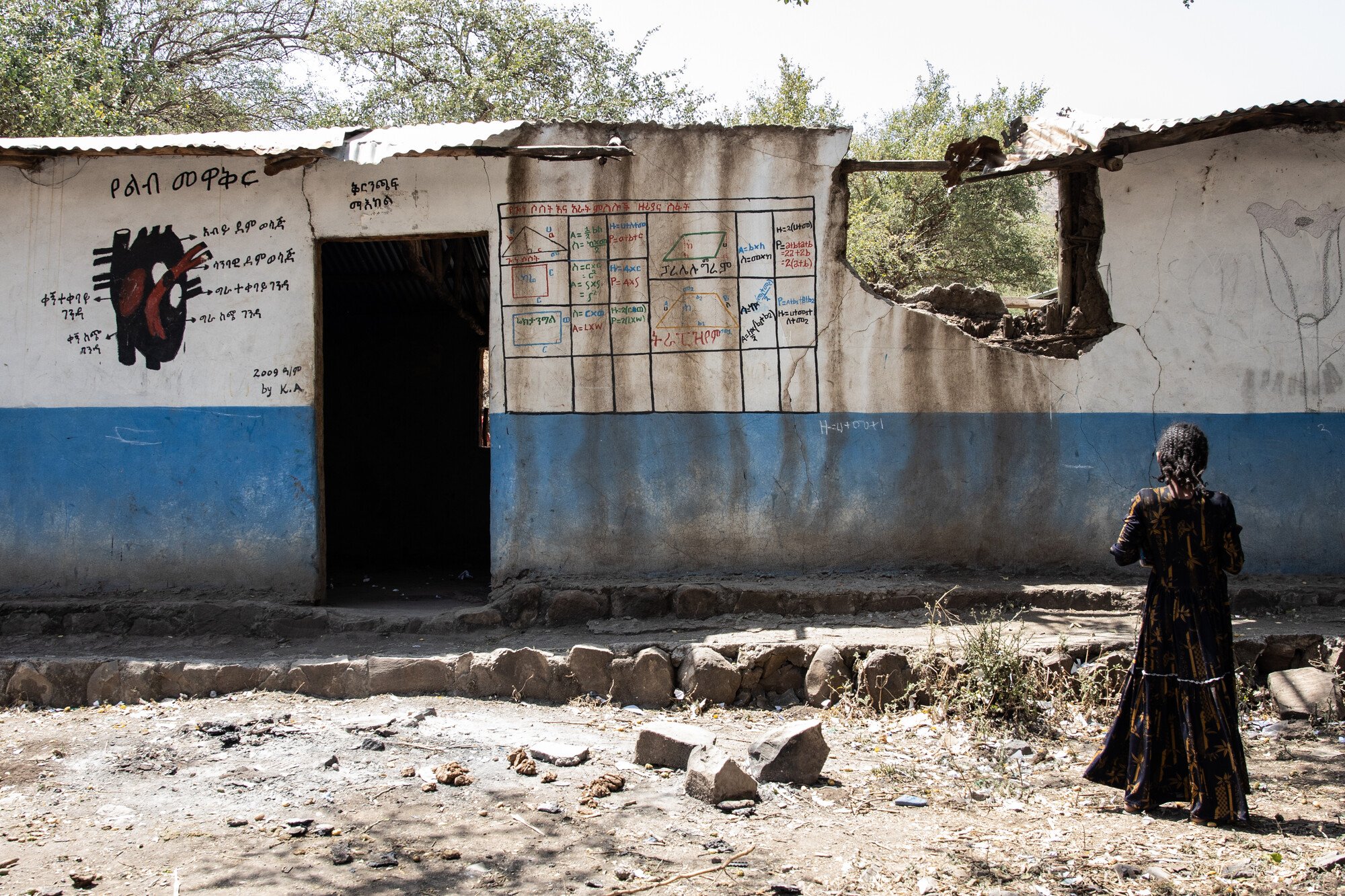Site will be
unavailable for maintenance from June. 4, 11:30 p.m., to June 5, 12:30 a.m. ET. Thank you for your
patience!
ChildFund Blog
Loading...
Across Brazil, sponsorship leads to continuing education—and blossoming leaders
ChildFund Brazil's sponsorship program is helping young people from underserved communities access higher education and achieve their dreams. ...
Jan 09, 2026
Signs of online exploitation every parent needs to know
While the internet offers endless opportunities for growth and learning, it also opens the door to an insidious threat: online sexual exploitation and abuse. For parents, recognizing the early warning signs is key. ....
Nov 12, 2025
Inside a ChildFund robotics program in Brazil
Funded by The Elfenworks Foundation, our robotics program is delivering critical STEM education to nearly 3,200 young minds at nine underserved schools around Brazil. ....
Oct 22, 2025
Unexpected heroes: Meet the boda boda riders who are leading the war on online sexual abuse in Kenya
Read how motorbike taxi operators have become critical partners in our efforts to protect children from online sexual abuse in Kenya. ....
Oct 15, 2025
Defying stereotypes: Male leaders champion girls’ education in Sierra Leone
In Sierra Leone, where rates of child marriage are high, girls often drop out of school when they bceome pregnant. Local chiefs are getting involved to help protect girls' education. ....
Oct 09, 2025
Protecting Children and Their Lifelines in Conflict Zones
Even in the darkest times and places, children have the right to safety, the right to a childhood. Grounded in this belief, ChildFund always finds ways to be there for them, to protect them. Even in war. ....
Aug 26, 2025








